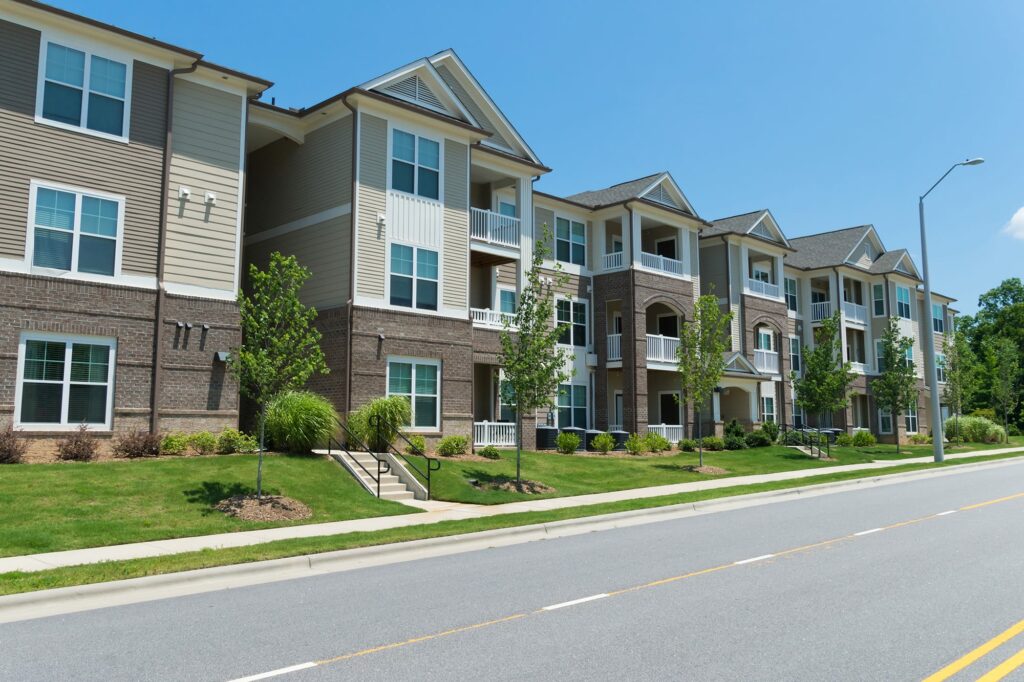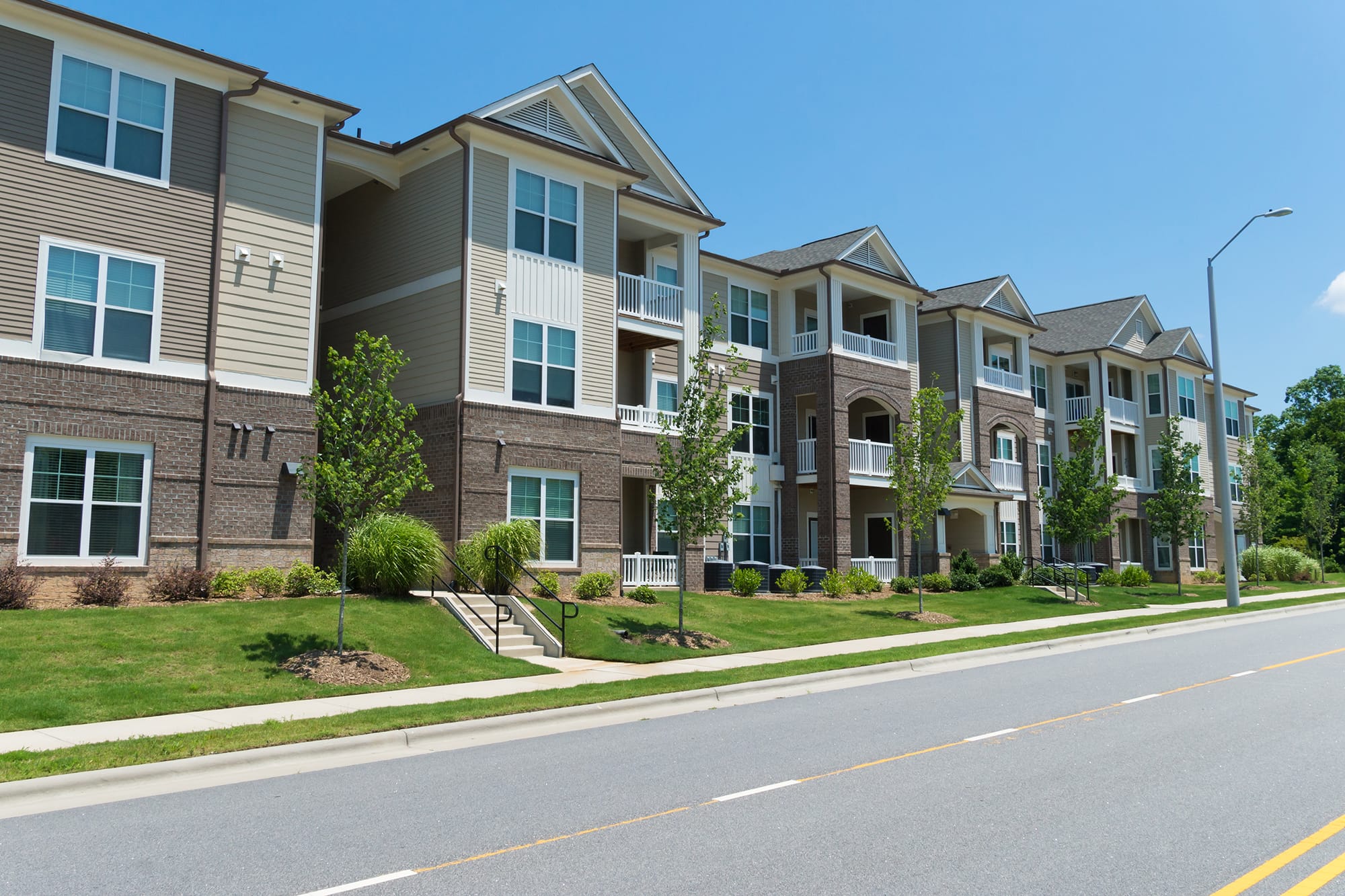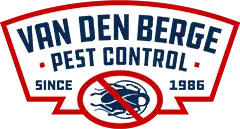
Contents

When you experience certain issues in a rented home, like plumbing problems or difficulties with heating, you will contact your landlord to help resolve the situation. But who is responsible for pest control in a rental property?
Conflicts between tenants and landlords are not uncommon, and this might be the case in pest problems. Both might end up pointing fingers at determining who is responsible to take care of the pest problem, but either way it needs to be handled immediately.
On the surface, invasive pests are dangerous to the health of the home’s occupants, and the landlord should be responsible to ensure a quick resolution in correcting the problem. The landlord may pick up the bill for a speedy solution, but may come back to resolve the financial responsibility after all is said and done.
Meanwhile, for tenants with unresponsive landlords, you should not delay in waiting for a reply. Your well-being is important, and if it falls on you to fix the problem yourself or to call in the professionals, you need to be ready for the costs associated.
Later on, when the cause of the pest problem is discovered, who pays for the remedies will be brought up. If it was a developing problem before the tenants moved in, then the landlord will probably take responsibility. But if it is found that the tenants caused the problem, then they may be the ones that end up footing the bill.
A common maxim that can be applied here is that prevention of the problem is always easier than needing to fix the problem. For the landlord, regular pest control will decrease the likelihood of infestations. Before any tenants move in, a pest control specialist should point out certain problem areas, and suggest advice on sealing up the property. When the tenants move in, be sure to do a thorough inspection of the property.
Not to be cute, but certain problems occur at certain times a year. This is a good indicator that the landlord should bring in a seasonal prevention treatment. This could include spraying around the home, looking for signs of infestation, or even treating baseboards within the house.
Tenants have certain rights and responsibilities, and these should be stated in the lease agreement. In some situations, the tenant has some advantages. The presence of certain pests, such as cockroaches, can allow the tenant to break their lease if the problem is not handled quickly enough.
Some situations may allow the tenant to withhold rent from their landlord if the problem is serious enough and is not being handled in a timely manner. Extreme cases may even allow tenants to move out without penalty if a bad enough infestation is discovered.
In these cases, however, properly documenting the steps taken and events will help protect both parties. If the lease does not outright cover a situation, consulting a lawyer should be the next step for both the landlord and the tenant.
Regardless of the situation, the cause, or the severity, there should be no delay in calling a professional to help with pest control. At the first sign of infestation, contact the pest control specialists at Van Den Berge Pest Control at 616-392-7367.
Trust the locally owned, widely renowned experts at Van Den Berge Pest Control for all of your pest needs. With over 100 years of combined experience throughout the Holland, MI-based pest control team, you know you’re in expert hands with our state-certified experts.
Recent Posts
Six Effective Chemical Pest Prevention Methods
They say that prevention is better than cure, and this adage holds true when it
What Is the Best Termite Inspection and Treatment?
For the best termite inspection and treatment, opt for professional services. Experts spot early signs,
Mastering Pest Prevention Through Chemical Methods
Imagine a world where your home is a fortress, impervious to the invasion of pests.
